AI Marketing Employee: The Game Changer in Digital Marketing

Lawrence Liu
9/1/2024
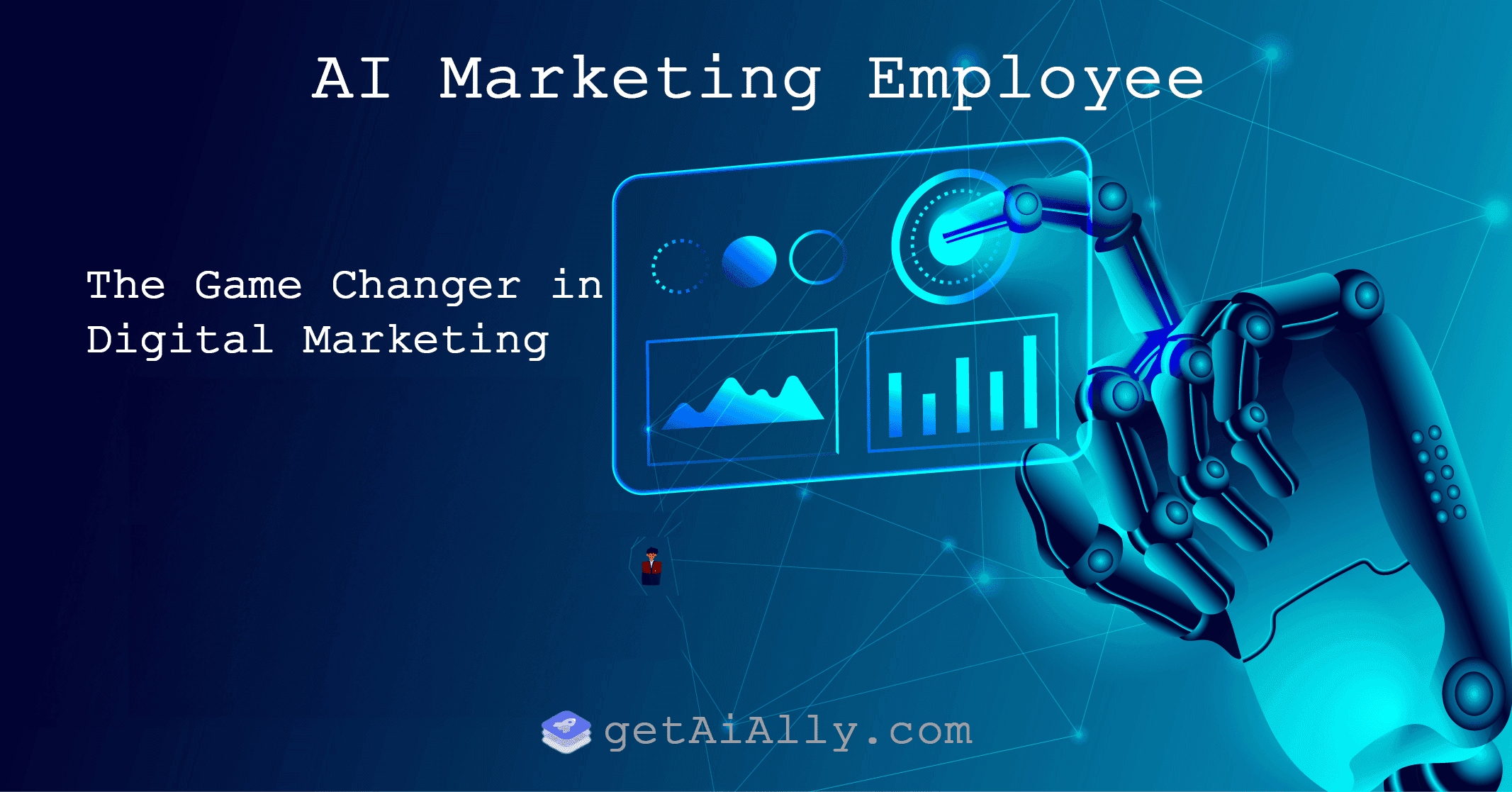
Welcome to our series of articles on AI marketing employees. This series will delve deep into how AI is fundamentally changing the digital marketing landscape, providing you with comprehensive insights and practical guides. Here's the complete table of contents:
- AI Marketing Employee: The Game Changer in Digital Marketing
- AI Marketing Employee: A New Paradigm for Data-Driven Decision Making
- 24/7 Marketing: How AI is Reshaping Marketing Efficiency
- AI-Driven Personalized Marketing: Redefining Customer Experience
- AI Marketing Employee's Omnichannel Advantage: Data-Driven Multi-Channel Integration
- ROI of AI Marketing Employees: In-Depth Cost-Benefit Analysis
- Embracing the New Era of AI Marketing: Implementation Strategies and Best Practices
- The Future of AI Marketing: Technology Trends and Industry Transformation
AI Marketing Employee: Innovating the Future of Digital Marketing
In the digital wave of the 21st century, the marketing field is experiencing a silent yet profound revolution. With the rapid development of artificial intelligence technology, AI marketing employees are gradually becoming the secret weapon for enterprises to enhance marketing efficiency. These intelligent assistants can not only process massive amounts of data but also provide precise market insights, bringing unprecedented competitive advantages to businesses. This article will delve into how AI marketing employees are changing the marketing landscape and reshaping the way brands interact with consumers.
Current Challenges in the Marketing Field
Today's marketers stand at a crossroads full of opportunities and challenges. The changes brought by the digital era not only test the adaptability of marketing teams but also drive the application and innovation of new technologies. Let's take a deep look at the three main challenges facing the marketing field today:
1. Data Explosion and Information Overload
In this era of information explosion, massive amounts of data are generated every second. For marketers, this is both a treasure trove and a nightmare. Extracting valuable information from the vast sea of data is like finding a needle in a haystack. Traditional data processing methods are already overwhelmed and unable to cope with this data flood. Important market insights are often buried in complex information, difficult to be discovered and utilized in time.
2. Consumers' Expectations for Personalization
Modern consumers' expectations have undergone a dramatic change. They are no longer satisfied with uniform marketing messages but crave tailored experiences. This shift requires brands to deeply understand the unique needs and preferences of each consumer and reflect this understanding in every interaction. This demand for personalization puts enormous pressure on marketing teams, requiring them to accurately capture and respond to the characteristics of each consumer.
3. Complexity of Multi-Channel Marketing
With the rise of new channels such as social media and mobile applications, marketing channels are becoming increasingly diverse. While this diversity provides brands with more opportunities to reach consumers, it also brings new challenges. Managing and coordinating multiple marketing channels, ensuring consistency and timeliness of information, has become a complex task. Seamlessly switching between different channels to provide consumers with a coherent brand experience requires meticulous planning and execution.
Faced with these challenges, traditional marketing methods and tools have become inadequate. It is against this background that AI marketing employees have emerged, bringing new hope for solving these problems.
Definition and Development of AI Marketing Employees
The emergence of AI marketing employees is not an overnight phenomenon, but rather an inevitable result of the application and development of artificial intelligence technology in the marketing field. From initial simple automation tools to current intelligent systems capable of complex decision-making and creative generation, AI marketing employees have undergone significant evolution.
Modern AI marketing employees have developed into powerful tools with several key capabilities:
-
Data Analysis and Insights: AI can quickly process and analyze massive amounts of data, extracting valuable market insights. It can not only identify current trends but also predict future market directions, providing strong support for decision-making.
-
Content Generation and Optimization: Leveraging natural language processing technology, AI can automatically generate marketing copy that aligns with brand tone, and even create visual content. More importantly, it can continuously optimize content based on real-time feedback, ensuring maximum marketing effectiveness.
-
Predictive Analytics and Decision Support: By analyzing historical data and current market trends, AI can predict consumer behavior and market changes, helping businesses make more informed marketing decisions.
-
Automated Execution and Optimization: AI can automatically execute various marketing tasks, from email marketing to social media management, greatly improving the work efficiency of marketing teams. At the same time, it can monitor campaign effectiveness in real-time and make optimizations.
-
Personalized Recommendations: Based on a deep understanding of user behavior, AI can provide highly personalized content and product recommendations for each user, significantly enhancing user experience and conversion rates.
AI Marketing Employees vs Traditional Marketing Teams
Compared to traditional marketing teams, AI marketing employees show significant advantages in multiple aspects:
-
Efficiency: AI can complete tasks in a short time that would take traditional teams days or even weeks. For example, AI can analyze social media trends across an entire industry and generate insight reports in minutes, which might take human teams days.
-
Accuracy: AI analysis results are usually more accurate than manual analysis, reducing human errors. Especially when dealing with large-scale data, AI can discover small but important patterns that humans might overlook.
-
Scale: AI can simultaneously process and analyze data volumes far beyond human capabilities. It can monitor hundreds of marketing channels in real-time while providing personalized experiences for millions of users, which is difficult for traditional teams to achieve.
-
Continuity: AI can work 24/7 tirelessly, continuously optimizing marketing strategies. It can respond to market changes in real-time, adjust marketing plans at any time, and maintain competitive advantages.
The following image compares the data processing speed of AI marketing employees with traditional marketing teams:
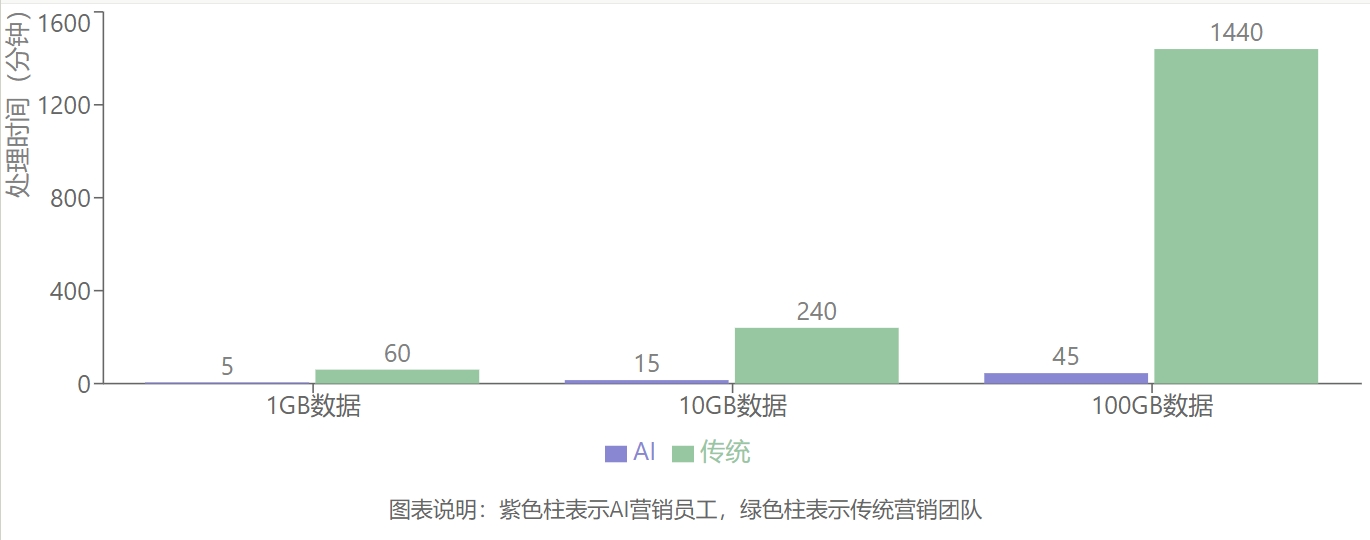
However, it's worth noting that AI is not meant to completely replace human teams. On the contrary, the ideal scenario is for AI to work in collaboration with human teams, leveraging their respective strengths. The combination of human creativity, emotional intelligence, and strategic thinking with AI's data processing capabilities and efficiency can create the best marketing results.
Future Vision of AI Marketing Employees
As technology continues to advance, future AI marketing employees will become more advanced and intelligent. We can foresee that they may have the following characteristics:
-
Stronger Cross-Domain Learning Ability: Future AI will be able to learn from data across different industries and domains and apply it to specific marketing scenarios. This means it might predict consumer goods demand based on changes in the financial market, or draw inspiration from sociological studies to design marketing campaigns.
-
Emotional Intelligence: AI will be better able to understand and respond to human emotions, creating more resonant marketing content. It may adjust the tone and content of marketing messages based on consumers' emotional states, providing a more humanized experience.
-
Seamless Integration: Future AI marketing employees will be more deeply integrated into various enterprise systems, achieving optimization across the entire chain from market analysis and product development to customer service.
-
Self-Optimization: AI systems will be able to learn and evolve autonomously, continuously improving their own capabilities, reducing the need for manual intervention and maintenance.
Conclusion
AI marketing employees are fundamentally changing the rules of the game in the marketing field. They not only bring significant improvements in efficiency and accuracy but also open up new marketing possibilities. However, successful application of AI marketing employees requires strategic thinking, continuous learning, and effective change management.
The future of marketing will be a perfect combination of human creativity and AI capabilities, creating unprecedented value for brands and consumers. Those enterprises that can effectively harness AI technology while maintaining a human touch will stand out in this new era.
Embracing AI marketing employees is not just about following technological trends, but about redefining the essence of marketing and creating deeper, more meaningful brand-consumer relationships. The future is here, let's welcome the new era of AI-driven marketing together.
Related Posts
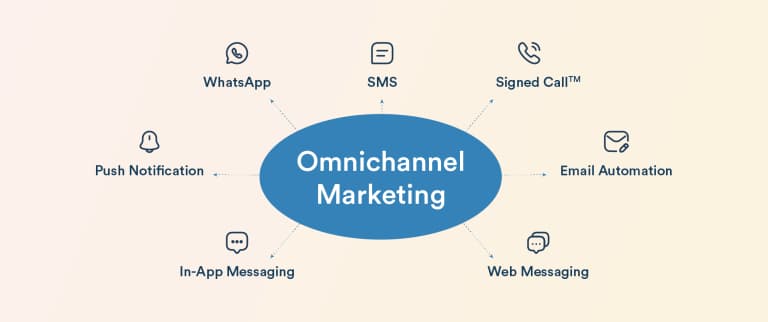
AI Marketing Employee's Omnichannel Advantage: Data-Driven Multi-Channel Integration
Explore in depth how AI marketing employees achieve cross-platform data integration, unified brand voice, and coordination of omnichannel marketing strategies. Learn how AI creates a seamless, consistent omnichannel customer experience for businesses.
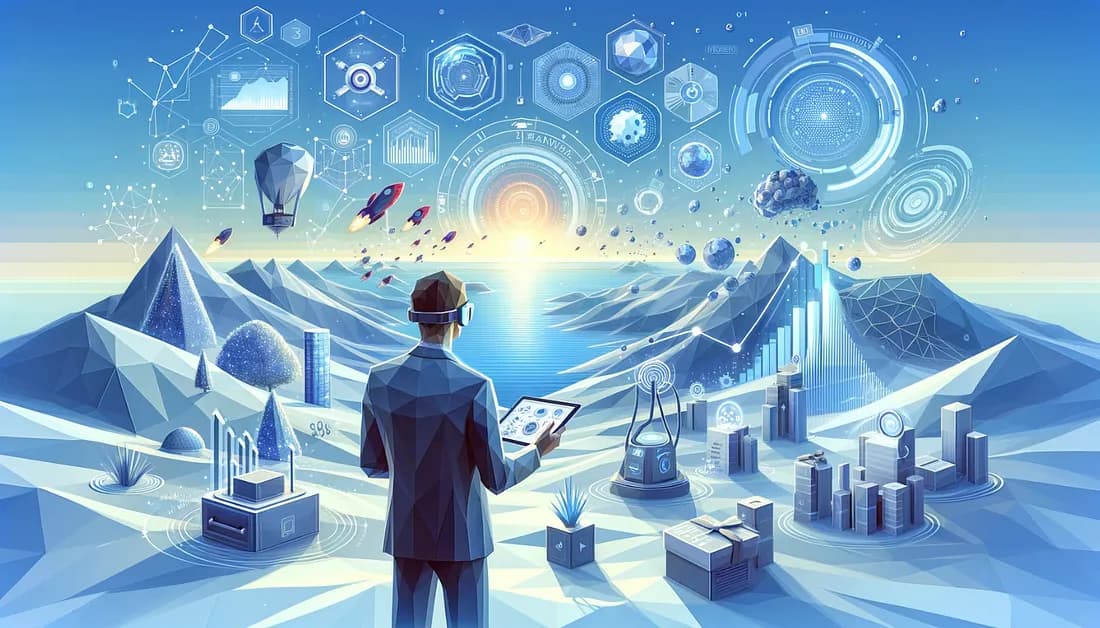
AI-Driven Personalized Marketing: Redefining the New Paradigm of Customer Experience
Dive deep into how AI marketing employees are revolutionizing personalized marketing strategies. From precise customer profile construction to dynamic content generation, understand how AI creates unprecedented personalized customer experiences.
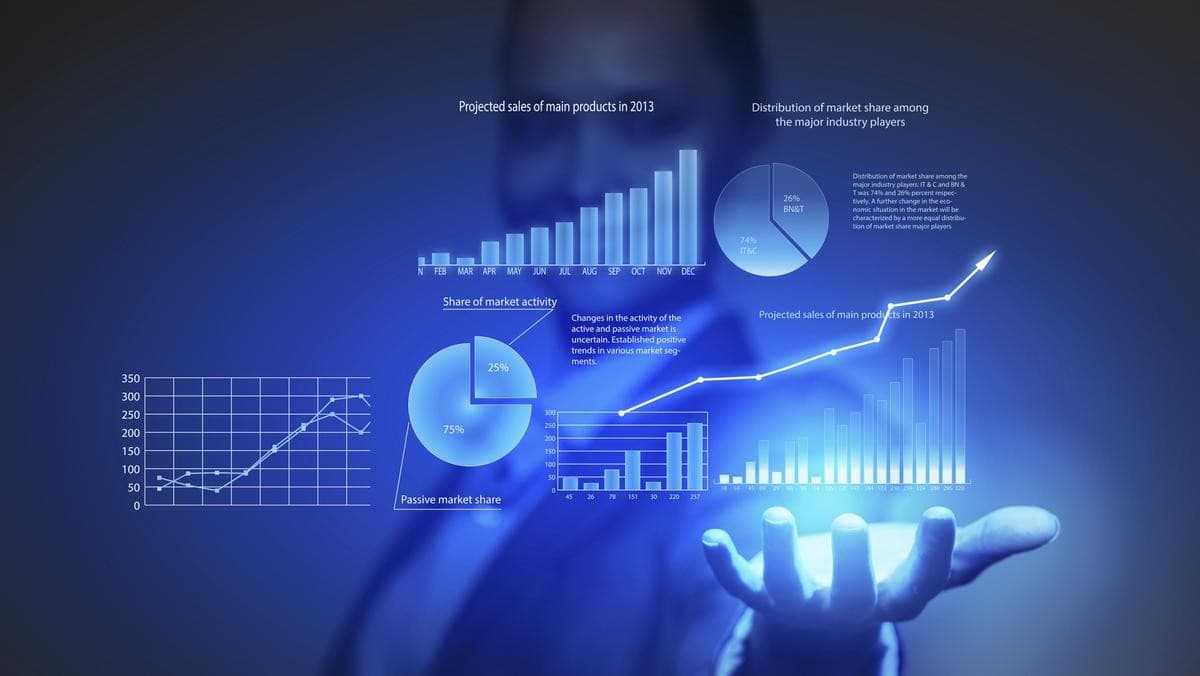
AI Marketing Employee: A New Paradigm for Data-Driven Decision Making
Explore how AI marketing employees are revolutionizing data processing and analysis. Learn how this groundbreaking technology provides real-time insights, optimizes decision-making processes, and drives precision in marketing strategies.